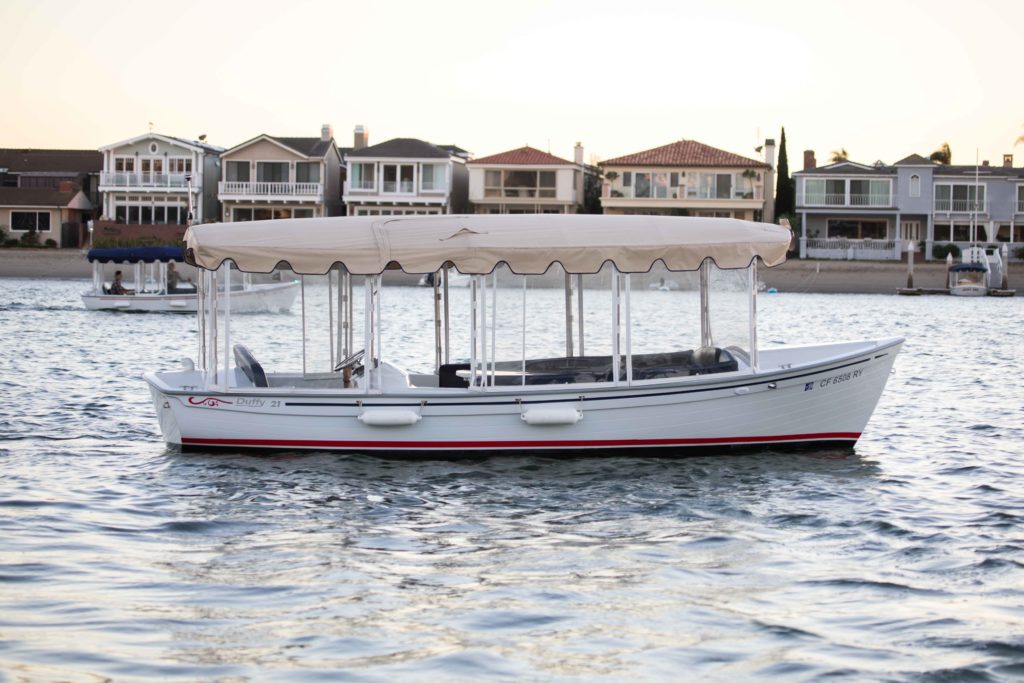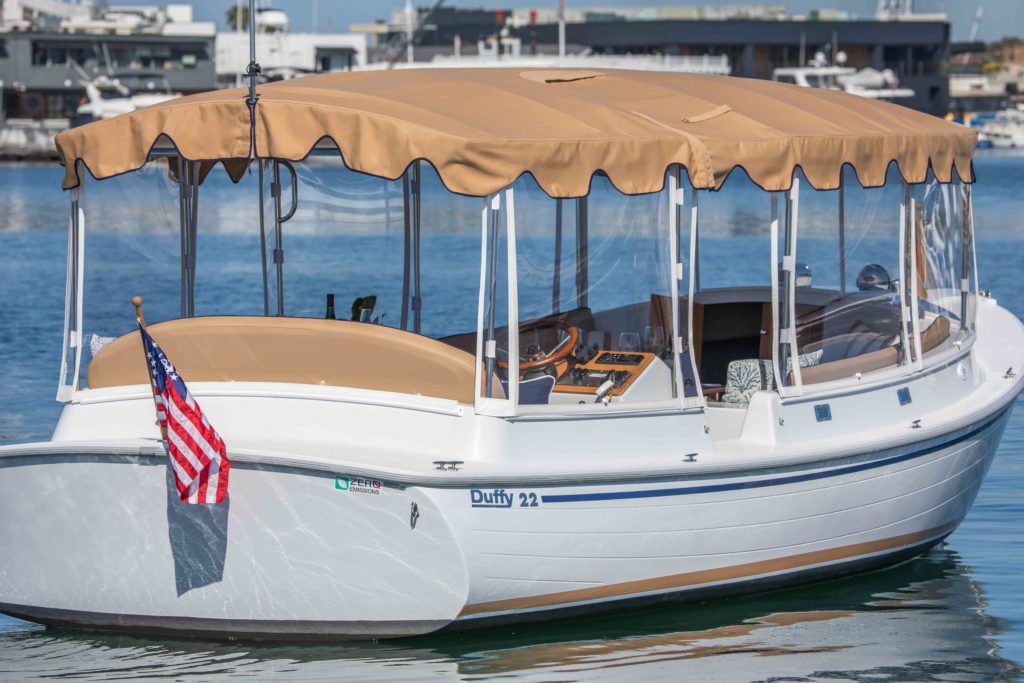Are you looking forward to a day on the water? Whether you’re renting a boat or you’re a boat owner, boat passenger safety should always be your top priority.

Boater education, safety equipment, and safe behaviors top the list of boating safety tips. When you follow basic boating rules, you increase the safety of everyone who steps foot on your boat.
Keep reading to learn boating safety information that everyone should know.
1. Enroll in a Boating Safety Class
Even if you’ve driven a boat before, taking a boating safety course can help you learn how to operate the boat safely. In 70% of boating accident deaths, the operator hadn’t taken boating safety instruction.
Some states require boater education to operate a vessel, so check on your state’s requirements to make sure you’re in compliance. California requires the California Boater Card to prove you’ve completed a state-approved boater safety exam.
Even if your state doesn’t require a boater safety course, consider taking one on your own. You might be surprised at what you learn. It can help you take precautions that keep you, your passengers, and your boat safe.
2. Use Life Jackets
Recreational boats are required to have U.S. Coast Guard-approved life jackets on the boat for every passenger to meet Coast Guard requirements. Not only do life jackets help you meet those requirements, but they can also save lives since drowning is the biggest cause of death in boating accidents.
Choose USCG approved life jackets that match the size of your passengers. If you have kids on your boat, you’ll need child-sized life vests for a proper, snug fit.
Wearing life jackets at all times on the boat keeps you safe if you hit something that capsizes the boat. It can also help prevent drowning if someone falls overboard, especially if that person isn’t a strong swimmer. Even strong swimmers can benefit from wearing a life jacket at all times in case they fall into the water while unconscious.
State laws on wearing life jackets vary, so make sure you’re familiar with the local regulations. Kids are required to wear life jackets at all times. Some states require everyone to wear life jackets in certain situations, such as while you’re water skiing or riding in towed tubes.
3. Keep Other Safety Equipment On Your Boat
Stocking your boat with emergency preparedness equipment can help you if something goes wrong on the water. Flashlights or battery-operated lanterns give you a source of light if you lose power to your boat at night. They can help you figure out what’s wrong and get your boat working again.
Having oars or other manual propelling devices on your boat can help you if you lose power. They give you a way to get back to shore if your engine fails.
Flares let you signal for help if you get into an accident or if your boat gets stranded. A waterproof whistle can also let you call for help.
Keep a fire extinguisher on the boat to handle onboard fires. A bucket to bail water if the boat takes on water can also help in an emergency situation. Pack a well-stocked first aid kit to handle minor medical situations aboard the boat.
Before you head out on the water, check for all of the safety equipment. It’s also a good idea to do a general inspection of the boat to make sure it’s in good working order without any obvious problems. You don’t want to discover an issue after getting out onto the water.
4. Follow Water Rules
Using common sense and respecting the rules of the water can help you stay safer in a boat. Buoys help show you were you should and shouldn’t drive your boat. They can help you avoid hazards and drive the boat safely.
Maintaining a safe boat speed helps you keep the vessel under control. Speed is especially important in crowded areas when you’re near other boats.
Keep a safe distance from other boats, especially larger boats. Those larger vessels can’t stop or turn easily, so they might not be able to avoid a collision with you if you get too close.

5. Remain Focused and Alert
Being alert and focused on boat safety can make a difference in how your boating experience goes. Hanging out with friends on the water can make you take your attention off driving the vessel safely. Cut down on distractions and ask your passengers to help you out in that way.
Staying away from alcohol when you drive your boat is also crucial to staying safe. Statistics show that drugs or alcohol play a role in about half of boat accidents.
Drinking alcohol can slow your reaction time and affect your judgement. It can affect your depth perception, peripheral vision, and ability to judge things such as speed and distance, all of which can increase your chances of an accident. You might take more risks when driving a boat while intoxicated or be unable to avoid a collision.
Prescription drugs can be just as dangerous when boating. Many medications cause drowsiness or affect your reaction time. Be aware of how your medications affect you before taking charge of the boat.
6. Pay Attention to the Weather
Stormy weather can quickly turn your boating trip into a dangerous day on the water. Always check the forecast before planning a boat trip to avoid dangerous boating conditions.
Sometimes storms can strike without much warning when you’re already on your boat. Keep an eye on the weather while you’re on the water. Dark clouds, increasing winds, and choppy water can be early signs that a storm is coming and you should head back to shore.
Follow Boating Safety Tips
When you keep these boating safety tips in mind, you can have a fun and safe day on the water. Take charge of everything that happens on your boat to keep all of your passengers safe.
If you’re in the market for a new vessel, explore our selection of electric boats.

